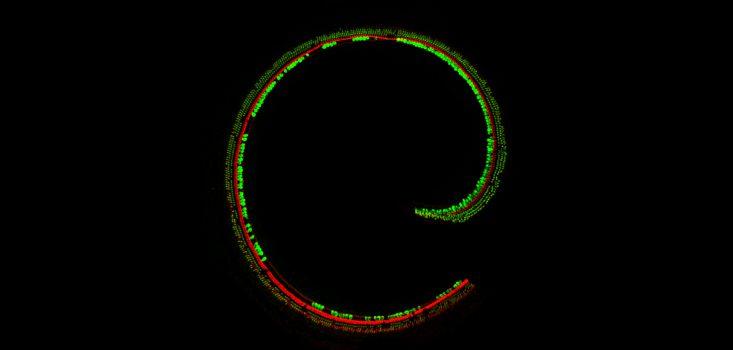Study funded by Bertarelli Foundation is a collaboration between Harvard Medical School, Boston Children’s Hospital and EPFL which takes a step toward precision medicine for genetic hearing loss
Using gene therapy, researchers at Boston Children’s Hospital and Harvard Medical School together with colleagues at the EPFL have restored hearing in mice with a genetic form of deafness. Their work, published online on July 8th by the journal Science Translational Medicine, could pave the way for gene therapy in people with hearing loss caused by genetic mutations.
More than 70 different genes are known to cause deafness when mutated. Jeffrey Holt, PhD, a scientist in the Department of Otolaryngology and F.M. Kirby Neurobiology Center at Boston Children’s and an associate professor of Otolaryngology at Harvard Medical School, together with first author Charles Askew and colleagues at the EPFL in Switzerland, focused on a gene called TMC1.
They chose TMC1 because it is a common cause of genetic deafness, accounting for 4 to 8 percent of cases, and encodes a protein that plays a central role in hearing, helping convert sound into electrical signals that travel to the brain. Holt believes that different forms of genetic deafness may also be amenable to the same gene therapy strategy. Overall, severe to profound hearing loss in both ears affects 1 to 3 per 1,000 live births.
Ultimately, Holt hopes to partner with clinicians at Boston Children’s Department of Otolaryngology and elsewhere to start clinical trials of TMC1 gene therapy within 5 to 10 years:
“Our gene therapy protocol is not yet ready for clinical trials—we need to tweak it a bit more—but in the not-too-distant future we think it could be developed for therapeutic use in humans. I can envision patients with deafness having their genome sequenced and a tailored, precision medicine treatment injected into their ears to restore hearing – this is a great example of how the basic science can lead to clinical therapies.”
Ernesto Bertarelli, Co-Chair of the Bertarelli Foundation, commented:
“The implications of successful gene therapy are profound and we are delighted to be associated with this study program. These findings mark a defining moment in the way we understand, and can ultimately challenge, the burden of deafness in humans. The results are testament to the immense dedication of the research team and their commitment to bringing best-in-class science ever closer to real-world application.”




